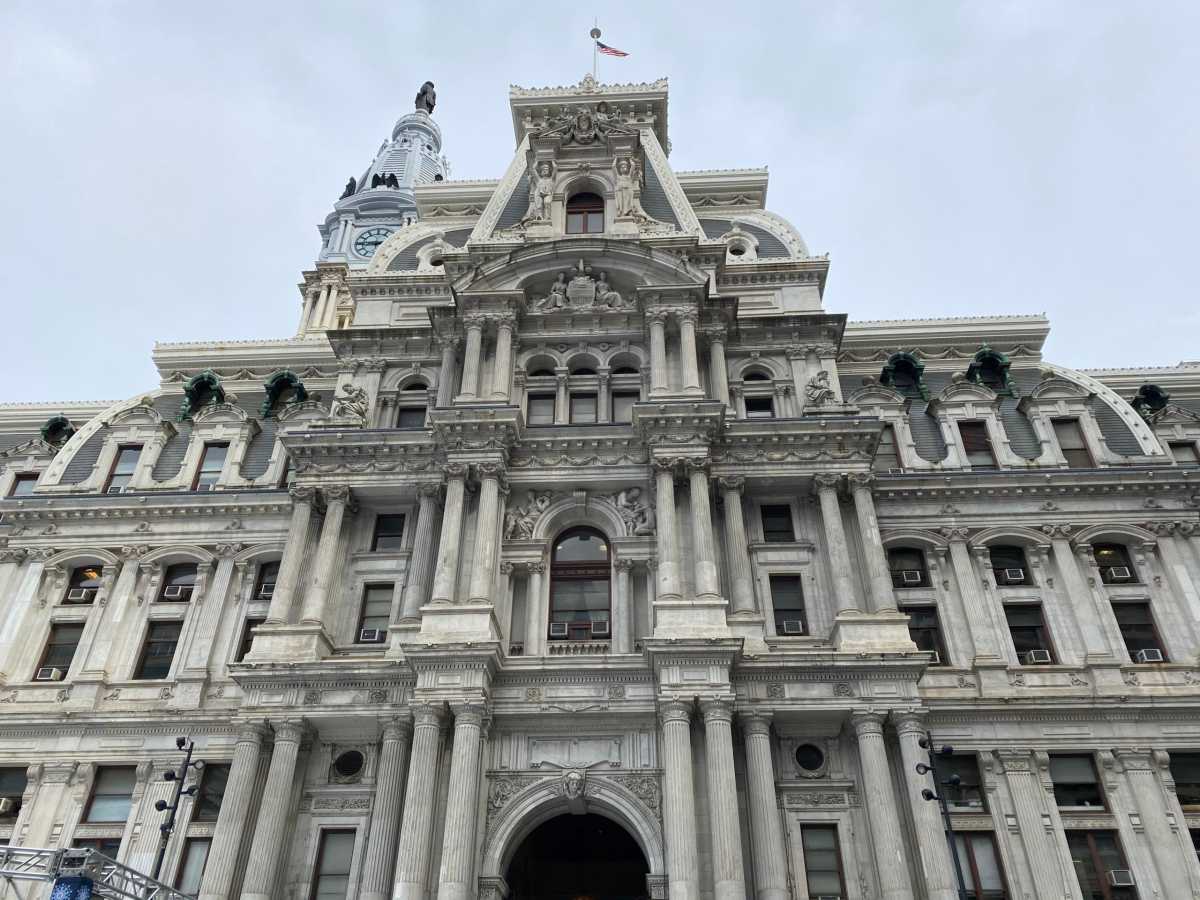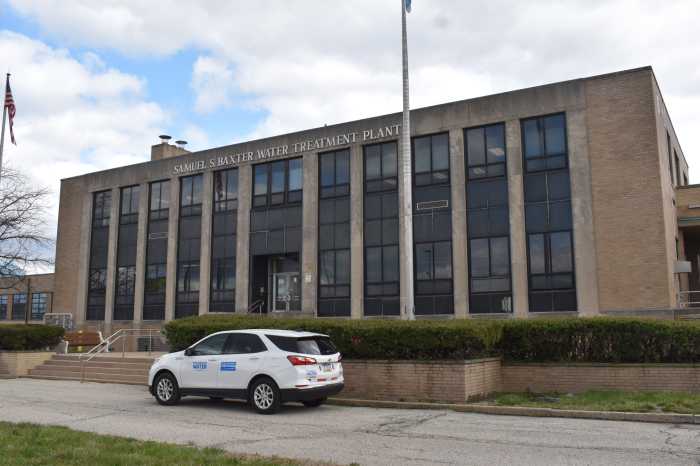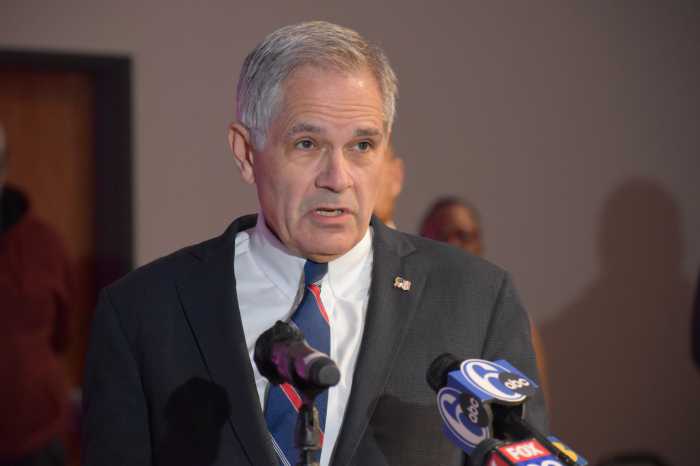City Council spent nearly five hours Tuesday hearing testimony from municipal departments and organizations hoping to secure a slice of the tens of millions of dollars expected to be spent as part of mid-year budget legislation.
Negotiations on the transfer ordinance continued after the meeting, and Council’s appropriations committee recessed until Thursday morning to consider the bills. As originally introduced by Mayor Jim Kenney’s administration, the legislation would allocate an additional $93 million to a variety of departments.
Philadelphia finished the 2023 fiscal year, which ended June 30, with a $982 million budget surplus – the city’s highest ever fund balance. However, that total is expected to dip to $682 million this year, and early projections indicate it could drop below $30 million by 2027.
“I remain very concerned regarding our financial outlook going into the upcoming fiscal years,” City Councilmember Katherine Gilmore Richardson said. “I think it’s exceedingly clear that we have a fund balance for all the wrong reasons.”
Gilmore Richardson credited the surplus to unspent salaries – the city has an 18% job vacancy rate – and continued support from the American Rescue Plan Act. But those federal dollars must be spent by December 2024.
The Government Finance Officers Association recommends municipalities maintain a fund balance of 16.6%, or two months worth of government spending. For Philadelphia, that would equal around $1 billion.
“I intend to be fiscally responsible today and am asking all of our colleagues to do the same,” Gilmore Richard said during Tuesday’s virtual hearing.
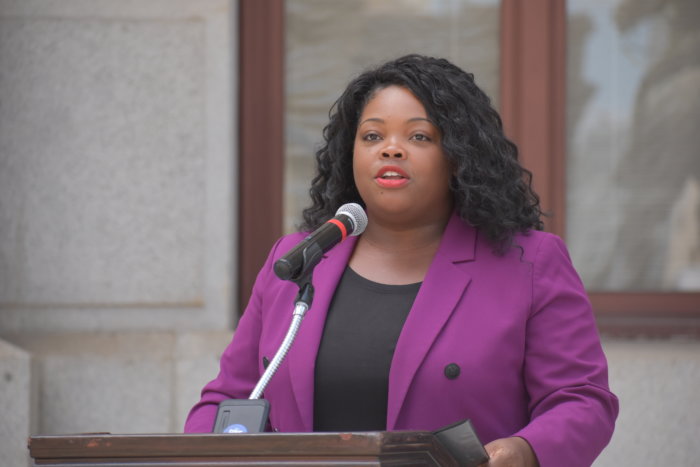
The District Attorney’s Office is requesting nearly $4 million from lawmakers through the mid-year budget ordinance for a host of initiatives, including victim and witness relocation and external engagement.
Council members focused on a segment of the funding that would be used to expand a retail theft task force that has been operating a pilot program in Center City.
“We can’t start initiatives or pilots in neighborhoods like Center City, where there’s not a whole lot going on,” said Councilmember Quetcy Lozada, who raised concerns about theft in Kensington, which is part of her district.
Representatives from the DA’s Office said they would use the new funding to widen the scope of the program, extending to the Philadelphia Police Department’s East Division, which includes Kensington, and the Southwest Division.
Lawmakers pressed District Attorney Larry Krasner and his team to address a widespread perception that nothing happens to thieves who swipe less than $500 worth of merchandise.
“I understand that there is this myth out there that the DA’s Office does not prosecute thefts that are less than $500,” Krasner said Tuesday. “That had never, ever, ever been true. That is a completely false narrative.”
In 2018, early in his tenure, Krasner crafted a policy change, instructing most thefts under $500 to be treated as summary offenses, minor charges that are typically handled by a police officer writing a ticket. Officials said Tuesday they are vigorously prosecuting prolific thieves.
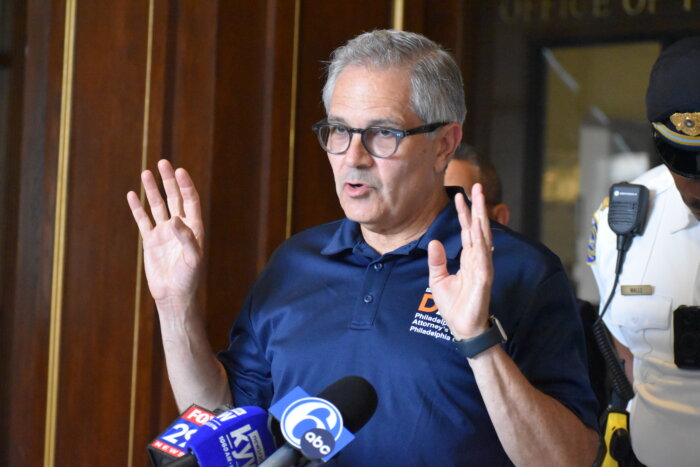
ACCT Philadelphia, St. Christopher’s Hospital for Children, Philadelphia Community Access Media and the Reading Terminal Market were among the other entities hoping for allocations through the legislation.
Several leaders of anti-violence organizations and community groups called in to support funding for the Poverty Action Fund, also known as the Promise, a city collaboration with the United Way.
The Promise is part of Council President Darrell L. Clarke’s “moonshot” to lift 100,000 residents out of poverty by 2025. Since launching in 2021, it has received $20 million in city money, and the initiative’s executive director, Michael Banks, is pushing for another $10 million.
“Three years ago, City Council made a promise,” said Otis Bullock, of the Greater Philadelphia Community Alliance, one of the organizations that has received Promise funding. “It was a bold promise. It has the potential to be transformational. However, our work is not over yet.”
Once the appropriations committee advances the mid-year budget transfer legislation, it will move to the full Council for a vote, likely to be held next month.



